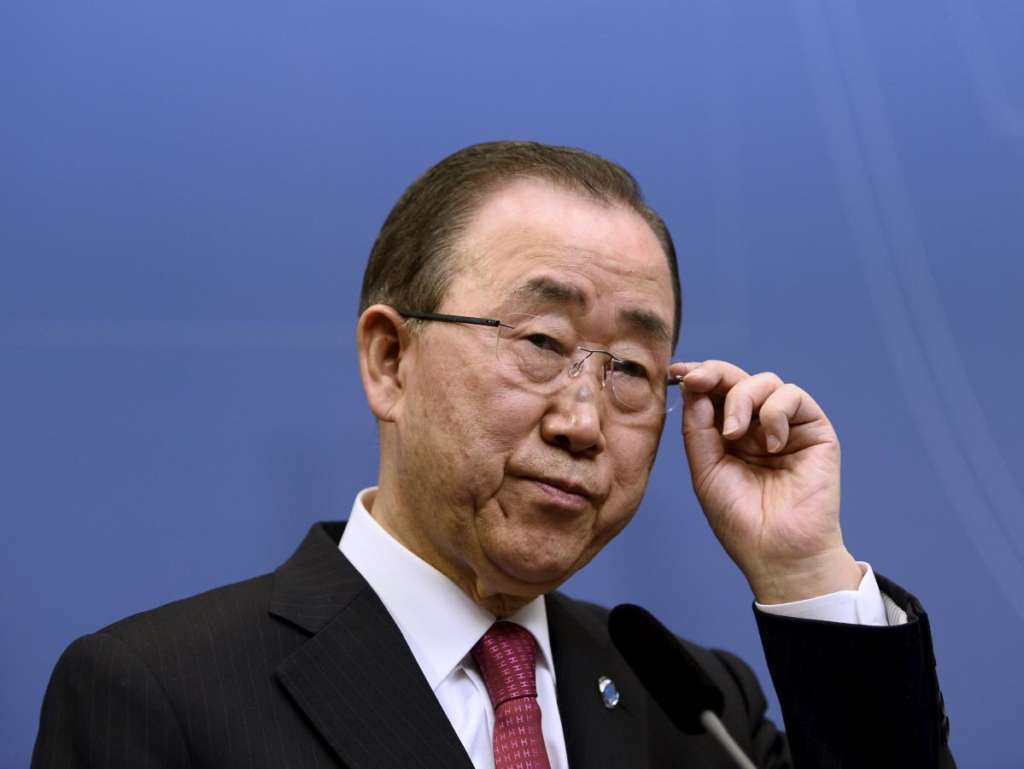New York-The U.N. Security Council have started conducting a first secret vote on Thursday on the dozen candidates competing to succeed Ban Ki-moon as secretary-general.
The 12 candidates include six men and six women — eight from Eastern Europe, two from Latin America, one from Western Europe and one from the Asia-Pacific region.
There is no deadline for potential candidates and at least one more, former Australian Prime Minister Kevin Rudd, is making a late bid and has requested that the Australian government formally nominate him.
By tradition, the job of secretary-general has rotated among regions and Asia, Africa, Latin America and Europe have all held the top post.
East European nations, including Russia, argue that they have never had a secretary-general and it is their turn.
There has also never been a woman secretary-general and a group of 56 nations are campaigning for the first female U.N. chief.
According to council diplomats, the 15 council members will receive ballots for each of the 12 candidates with three choices: “encourage,” “discourage” and “no opinion.”
The result for each candidate will be conveyed to the ambassador from the candidate’s country, which will also be told the highest and lowest votes, with no names, the diplomats said.
According to the U.N. Charter, the secretary-general is chosen by the 193-member General Assembly on the recommendation of the Security Council.
In practice, this has meant that the council’s five permanent members the U.S., Russia, China, Britain and France have veto power over the candidates.
Another informal poll is expected to take place next week on Wednesday followed by several more in August, and possibly September.
The 15 council members should decide on a new secretary-general who will be elected in late September or October.
Frontrunners such as Helen Clark, former New Zealand prime minister and head of the U.N. development program, Argentina’s foreign minister, Susana Malcorra, and Bulgaria’s Irina Bokova, the director general of UNESCO, have taken a cautious approach.
They are aware that, even though the leadership contest has been by far the most open in the organization’s history, the major powers that are the permanent five council members will still be able to block a candidate likely to rock the boat and challenge their authority.
